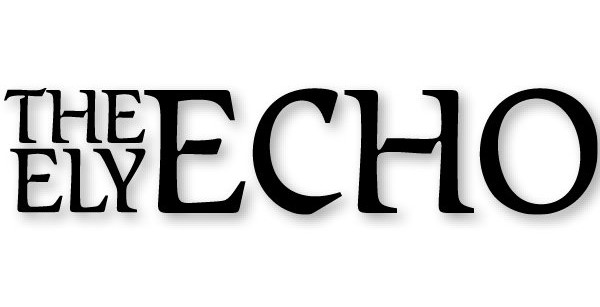The Babbitt city council plowed through a lengthy agenda on May 6.
The council discussed the ambulance department’s financial issues related to medical transports and the discrepancy between the amount paid to employees and the revenue the city generates.
Director Emily Jaeger explained that the problem is reimbursement rates versus wages paid.
“A lot of our patients that we are transporting are Medicare patients and we’re not getting as much reimbursement for Medicare as we would private insurance. And so, because of that, now we’re taking more long distance transfers because hospitals are full around here, a lot of places that are wanting us to take them to Fargo and other places. And so then we’re spending a lot of money paying our people to do it, but we’re having the same fixed rate from insurance coming in,” said Jaeger.
Babbitt pays EMRs $18 per hour, EMTs $21 per hour, and paramedics $28 per hour. She said one solution would be to pay a flat rate instead of hourly.
Mayor Andrea Zupancich asked about personnel responding to ambulance calls.
“Well, it’s because we haven’t had a full staffing schedule. It’s been kind of hard to get inter-facility transports out because our main goal as the city ambulance is 911 community-centered. And so if we don’t, if we’re not 100% sure that we can respond to our 911s, we don’t send a transfer out,” said Jaeger.
“But we have been able, I think, in the last month we’ve sent four out, which is pretty good for us. But then, again, we’re paying out, quite a bit when we’re having to transport a patient to Fargo or to Duluth or those farther jaunts.”
The council approved returning to paying hourly wages instead of enhanced pay for transporting.
Next was looking at increasing billing rates and changing from two rate schedules to five.
Jaeger said currently Babbitt charges the same rate whether $1,000 in medications are provided or 60 cents.
The five roll-out levels to be charged range from $1,300 to $2,500, up from $1,200 to $1,600. Jaeger said this would put Babbitt more in line with what other ambulance services are charging in northeast Minnesota.
The loaded mile charge would jump from $20 to $50 per loaded mile.
The increases in the rollout fee and the loaded mile charge would raise the amount the city currently charges for a trip to the Ely hospital from $1,546 to $2,365. However, that trip to the Ely hospital could be as much as $3,365 based on the amount of service provided based on the five different levels.
“The biggest reason I’m looking for this is because a good chunk of the patients that we take care of are Medicare patients and Medicare only pays 30% or 30 cents on the dollar back up to a certain amount. So even though we’re charging more, we’re getting it’s going to end up being more, but a lot of it is still going to be written off just because that’s how Medicare pays it,” said Jaeger.
“Right now we’re not recuperating enough money to kind of keep ourselves up going the way we are, and medical equipment that as training, payroll, it all just keeps kind of getting more expensive.”
With the rate increases approved, Jaeger then proposed a series of equipment upgrades including monitors, defibrillators, cots and chest compression devices.
Jaeger said the state has provided up to a $110,000 grant, and the Babbitt Lions Club is offering to donate $10,000.
She said most of the equipment is double its normal replacement life.
Council member Joe White said city funds would not be used to purchase the equipment.
The council approved $220,998 in new equipment. After trade-ins and grant monies, the city would be on the hook for $35,000 a year for six years.


